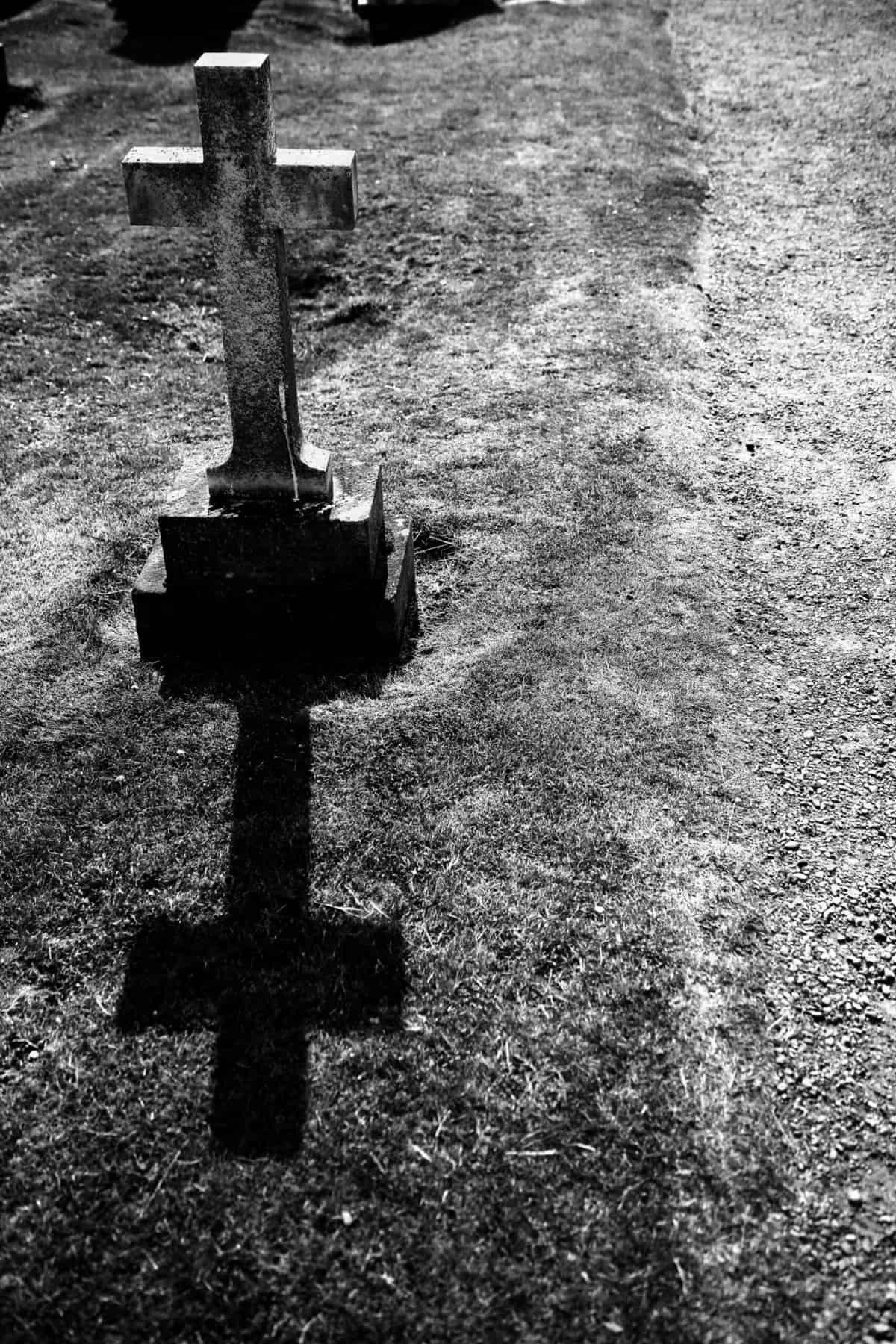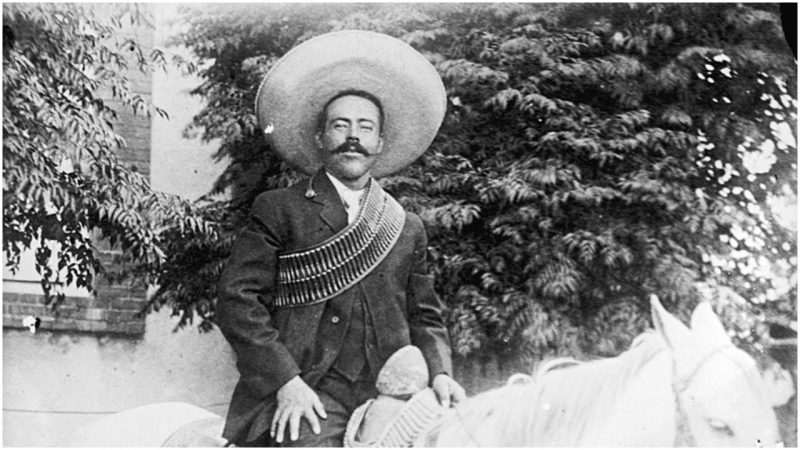Famous last words has become a derisive or playful phrase to express doubt about some assertion made by another.
Your friend says, “I can cross this creek in a single bound.”
You reply, “Famous last words.”
But what about the actual last words of famous – or infamous – people? What do they tell us about life and death and ourselves?
Let’s see..
Beethoven’s last words
“Friends applaud! The comedy is finished.”
Ludwig von Beethoven
Beethoven saw his own death coming from a long way off. He died on March 26, 1827 after a long illness. These last words attributed to him are debated as are most legends we cannot verify with absolute certainty.
Some have insisted his last words were, “Pity, pity, too late!” when a case of wine he ordered didn’t arrive in time for him to enjoy before his demise.
Whichever you choose to believe, his words reveal that Beethoven faced his impending demise with a certain levity. Like so many in history, he deflected pain with humor. Comedian Robin Williams was famous for doing this. Some say most comedians laugh to keep from crying.
James Donald French
“Hey fellas! How about this for a headline for tomorrow’s paper? French Fries!”
French himself was infamous rather than famous. He was the last convict to be executed in Oklahoma before capital punishment was abandoned in that state. He was a convicted murderer.
He remained defiant and unrepentant until the bitter end, hurling his famous last words at the reporters gathered to witness his death by electrocution.
This was his Invictus. This was his way of charging into Hell with no apology, remorseless to the end. Unlike Beethoven, who tried to ease his own pain and the pain of others with humor, this human excrement meant only to inflict injury one last time.
He left as he lived – for his own sadistic pleasure, reveling in the anguish of others.
Winston Churchill
“I’m bored with it all.
Winston Churchill was one of the five most important figures of the 20th Century. He was most responsible for steeling England’s nerve when London was under siege by the Third Reich. His bravery under extreme stress was legendary.
He was also one of the most quotable people in history.
Great Britain had a love-hate relationship with their greatest Prime Minister. They voted him into office and out again and again. Public opinion and the tenor of press coverage ran the gamut from hero worship to villain-hating. Through all of it, whether on top or languishing under a mountain of criticism, Churchill remained a fighter.
One could write a book on Churchill’s quotes. (More than one author has recognized that!)
Some of my favorites..
Success is not final, failure is not fatal: it is the courage to continue that counts.
If you’re going through hell, keep going.
Never, never, never give up.
Success consists of going from failure to failure without loss of enthusiasm.
Continuous effort – not strength or intelligence – is the key to unlocking our potential.
We make a living by what we get, but we make a life by what we give.
A pessimist sees the difficulty in every opportunity; an optimist sees the opportunity in every difficulty.
Churchill was 90 when he finally succumbed, ending a singular life of immense influence. His final quote reflected his resignation. His enemies couldn’t quiet him, let alone kill him. In the end, they rather bored him. He died in his own time and on his own terms, as much as anyone can, bored with it all.
Marie Antoinette
“Pardon me sir. I meant not to do it.”
Marie Antoinette was the flamboyant wife of French King Louis XVI. The French Revolution ended Louis reign and the monarchy with it. A people thirsty for equality and opportunity turned bloodthirsty, sending Antoinette to the Guillotine to be executed as a traitor.
To be perfectly frank, her flippant attitude toward the poor did not help her cause. Once, when confronted with the plight of the poor, the pampered queen responded, Let them eat cake.
As she was literally about to lose her head, Marie accidentally stepped on the executioner’s foot. She responded to that incident with her last words, Pardon me, sir. I meant not to do it.
Facing death, she kept her composure and found within herself perhaps the most cordial and kindest thing she ever said to a commoner. In the end, they took the queen from her court, but could not take the comportment from the queen. She retained her dignity while facing a humiliating death.
Dominique Bouhours
“I am about to – or I am going to – die: either expression is correct.”
Here is another Frenchman for our list. Leave it to the French to put flare into death.
You may have guessed this already, but Bouhours was a famous grammarian, legendary even.
Like Beethoven, Bouhours met death with a grin and a joke. He did, however, remain committed to his life’s passion and used his crossing to the other side as a final chalkboard on which to write a grammar lesson. (He reminds me of a few of my Facebook friends.)
I find it either amusing or sad that Bouhours was also a Jesuit priest. He had committed himself to the study of the Divine. Yet, his final lesson was not to clarify anything about Christ or religion but to make a final point about grammar.
Pancho Villa
“Don’t let it end like this. Tell them I said something great.”
Pancho VIlla, Revolutionary
Francisco Pancho Villa was a Mexican revolutionary general. He was the most notorious personality of the Mexican Revolution. To some, he was a folk hero. To others, he was a murdering scoundrel.
The Chihuahua rebel’s connection to Hollywood helped to further his legend.
Pancho Villa was murdered, most likely the object of a political hit job. The Revolution was over and he was involved in politics, opposing dangerous elements in the Mexican government. Most folk say Villa died at the hands of one of his own.
Villa uttered these famous last words (or he didn’t – impossible to know which) as he lay dying:
“Don’t let it end like this.”
Pancho’s parting words carry a sobering sadness in them. Here lay a larger-than-life man – celebrated and scorned, but always a big deal – dying unexpectedly with no time to prepare himself, no way to leave on his own terms, no opportunity to orchestrate the grand exit he must have assumed would be his, dying alone in a growing pool of blood and regret.
One can’t help but wonder what percentage of humanity has died with just these words on the tip of the tongue.
Pancho Villa was a revolutionary, celebrated by some and reviled by others. He was a Hollywood favorite and even managed to play himself in more than one film appearance. He enjoyed his notoriety and his tough-as-nails reputation. In the end; however, he proved as vulnerable to a bullet as any of the men he had himself slain. The man whose very name is associated with revolution died at the hands of one of his own rising up against him. He found it revolting and most unfair.
“Don’t let it end like this. Tell them I said something great.”
Daniel Webster
“I still live.”
The famous American statesman, the only person in American history to serve as Secretary of State under three different presidents, apparently died optimistically.
Some may say he was wrong to assert he still lived. Was he?
Jesus Christ
Jesus famously uttered seven things from the rugged Roman cross on which He died. Each thing He said puts into perspective the famous last words of all who preceded and succeeded him…
“Father, forgive them, for they know not what they do.”
Jesus lived and died with others on His mind. It was not His own incredible physical pain or mental anguish that occupied his beautiful mind. It was the plight of others – including those who cheered his death and mocked his circumstance.
He remained the One poised to forgive.
“Today you will be with me in Paradise.”
This is what Jesus said to the thief who begged Christ to remember him to the Father.
Another thief executed with Jesus Christ remained defiant and joined the hateful crowd in mocking and rejecting Jesus. A couple thousand years later, the Oklahoma murderer James French would follow this thief’s doomed path into eternity, unrepentant and cruel.
To the one; however, who realized his entire life had been a waste and execution was his just desserts…to the one who sought forgiveness and mercy…Jesus forgave and offered redemption and hope.
“Behold your son Behold your mother.”
Jesus had more than the cruel crowd and the repentant criminal on His mind. He thought of those He loved, those that had spent their lives loving Him. He thought of His beloved mother, whom, as a teen mother, believed and never wavered in her belief. He thought of that disciple identified as His closest friend, the Apostle of Love, John. These two had been the most committed to Him and now he gave them one another to console and to love through the darkness and the pain.
“My God, my God, why have You forsaken me?”
Here is the the first cry from the Cross expressing His own pain.
As the sin-bearer, He felt the abandonment, the isolation, the separation from the Father that sin brings. He felt that more intensely than the 39 stripes with the whip, more than the plucking of the beard from His face, more than the spikes driven into his hands and feet.
In this pain, He illustrates for one and all the horror, the emptiness, the fatal finality of sin’s final consequence.
“I thirst.”
This man who changed a lost and lonely woman’s life at Jacob’s well, this man who declared Himself the Living Water was dying with cracked lips and a parched throat.
Let’s not clean up the Cross too much. Let’s not sanitize it until we no longer feel the horror of it.
“It is finished.”
Again, let us not mistake what is happening here.
Jesus is not saying, I am finished.
He surely is not finished.
IT is finished.
The work He came to do – the work of redemption, the work of reconciliation – is finished. The bridge between the Holy and the profane is built. The gulf between God and humanity (insert your name in the place of humanity to make it more personal and just as true) is eliminated.
It is FINISHED!
There is no need to add anything but faith to the finished work of Jesus Christ in salvation.
“Father, into your hands I commend my spirit.”
Here is the ultimate perspective on death. All whose last words we remember and the billions whose final words we will never know can – no, must – make this their final utterance. Whether we say it or we don’t, whether we accept it or deny it, this is the final truth awaiting each of us.
“ And as it is appointed unto men once to die, but after this the judgment:
So Christ was once offered to bear the sins of many; and unto them that look for him shall he appear the second time without sin unto salvation.”
How glad are we that verse 27 is not the totality of this statement? It is only the setup for the greatest truth the world and every person in it can know. Christ was offered to bear our sins, to pay our debt, to pave the way, so that the Judge is our Father and His Son our attorney.
Not guilty! Redeemed! Accepted! Beloved!
Because of Jesus, we can confidently quote Daniel Webster with our dying words.
I still live.



